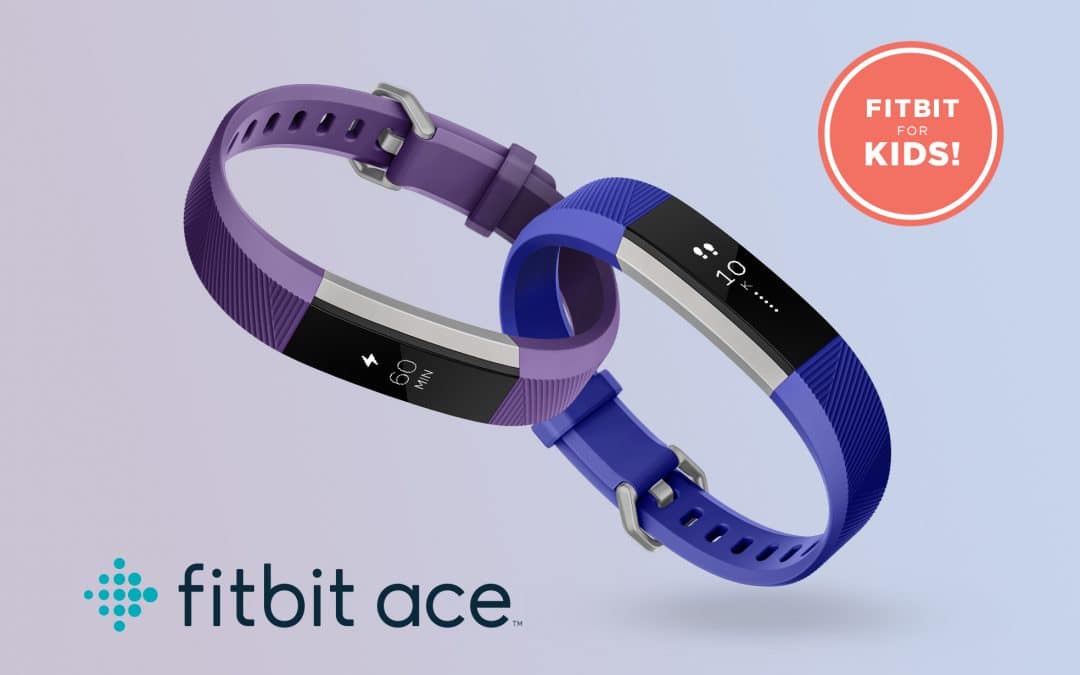Fitbit, Inc. the leading global wearables brand, has announced the availability of Fitbit Ace at major retailers in South Africa for R1,599. Designed for kids ages 8 and older, Ace motivates with customisable step, active minute and sleep goals, celebratory messages and badges, and challenges for the whole family. With an adjustable, showerproof wristband available in two vibrant colors and up to 5 days battery life, Ace is designed to keep pace with kids’ busy lives. With Ace, parents are in control and can manage who their children connect with and what information they see in the Fitbit app that will motivate them most.
With childhood obesity rates continuing to rise and two in three kids inactive every day,parents are looking for ways to encourage a more healthy, active lifestyle. According to a Fitbit study, parents cite screen time as an ongoing challenge in getting their kids to be active (58%). Seventy-five percent of parents said they are interested in the use of fitness trackers to help them keep their kids active.
“Fitbit Ace opens up a direct line of communication across the family to help parents and their children understand how physical activity impacts overall wellbeing and health,” said Dr. Ryan Rhodes, exercise psychologist, Director of the Behavioural Medicine Lab (BMED) at the University of Victoria, and member of the Fitbit Advisory Panel. “When parents have insight into their kids’ activity, they are better positioned to then promote less screen-time and more physical activity in a fun and motivating way.”
When designing Fitbit Ace and the Fitbit family account, Fitbit considered privacy throughout the user experience for both parents and kids and built in safeguards and controls to help ensure a safe and positive experience. Parental consent is required to create an account for kids, and Fitbit’s family account allows parents to approve who their children connect with, and view activity and progress. Parents can help manage what stats their kid sees in the app to only include what motivates them most. Kids have access to appropriate stats for their age, including steps, active minutes and sleep; it won’t highlight calorie intake, weight and body fat/BMI, or public social features.


